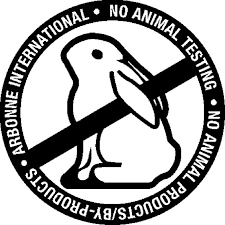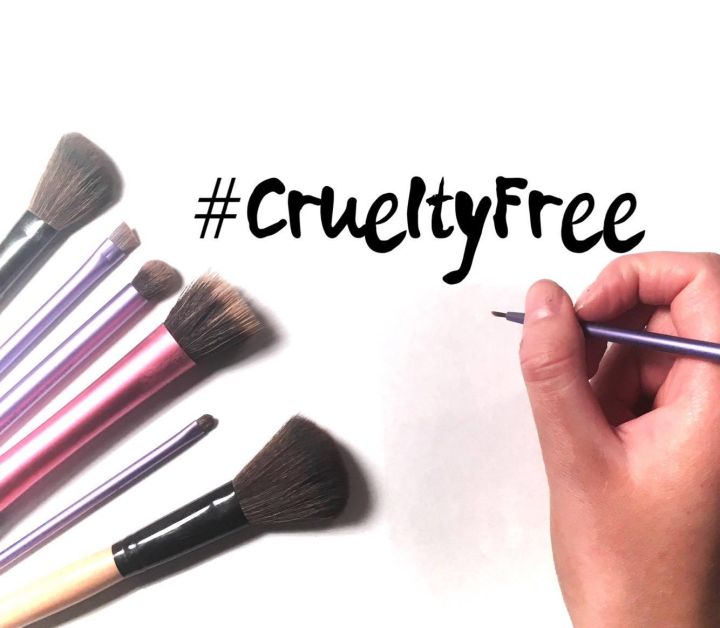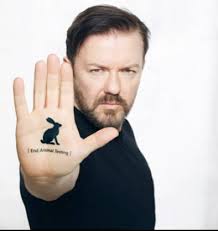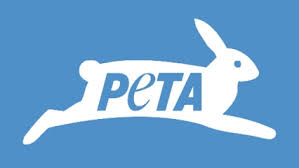There are a series of large international brands still using animal testing on their products. This list includes an example of these brands that are currently being sold in Australia:
-Tony & Guy -Chanel -Marc Jacobs
-MAC -Lancome -Maybelline
-Revlon -Cetaphil -Aeroguard
-Clearisil -Nair -Nice ‘n’ Easy
– Vaseline -Listerine -Head & Shoulders
-Vicks -Windex -TRESemme
– Lux -Rexona -Chapstick
-Glen 20 -Avon -Clean & Clear
-Dove -Garnier -Mortein
-Lynx -Ponds -Vicks
-Old Spice -Scholl -Pearl Drops
-Rogaine -Palmolive – Johnson & Johnson’s
-Airwick -Aveeno -Colgate
Please be aware of these brands and their products before choosing to use them. If you would like to find out more the website ‘Animals Australia’ has posted a list.
http://www.animalsaustralia.org/features/animal-testing-list.php














